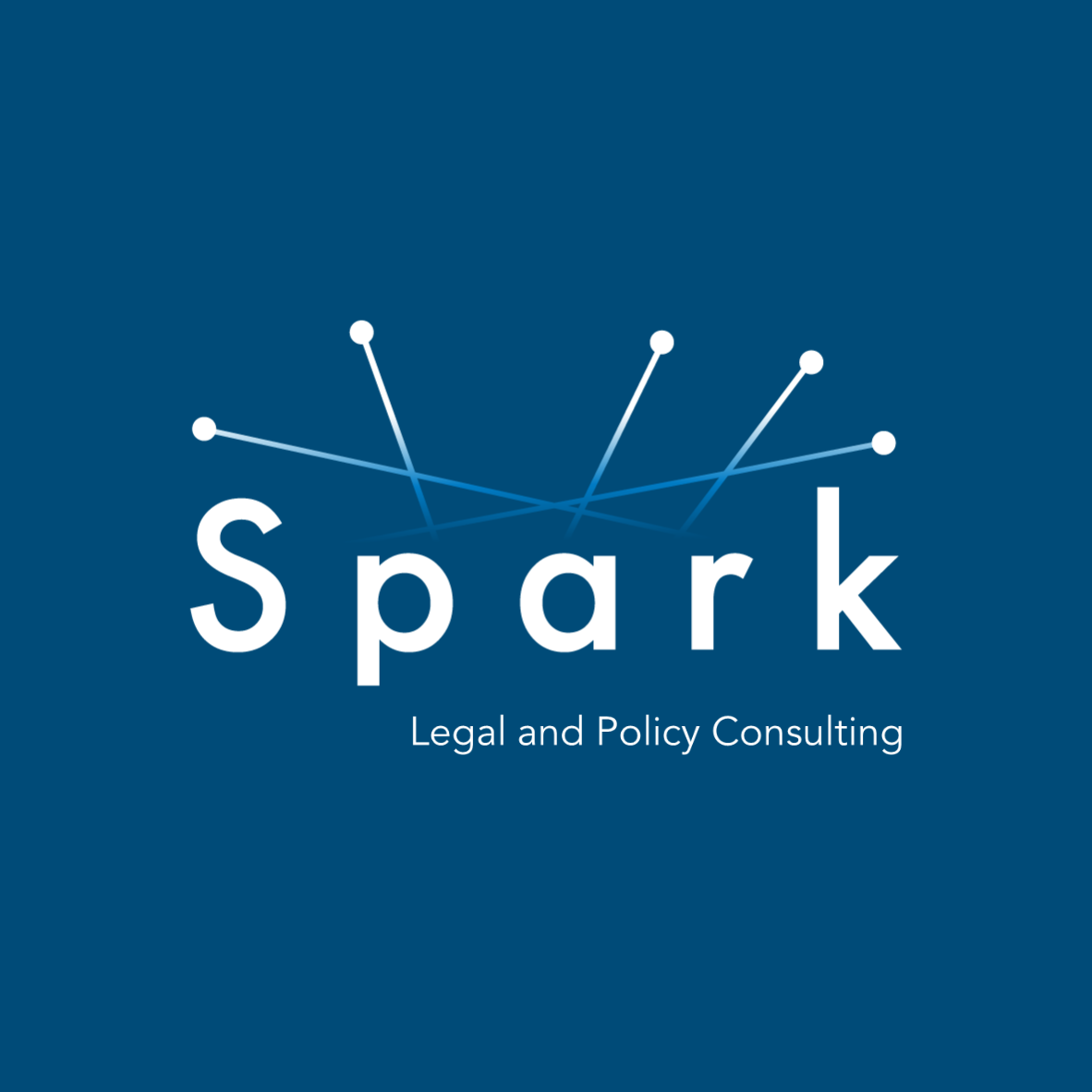Over the past decade, the EU’s anti-fraud architecture has significantly evolved to counter the growing fraud against the EU budget. The European Anti-Fraud Office (OLAF) was set up in 1999 to investigate fraud, corruption and any other illegal activities affecting the EU’s financial interests. It now operates alongside various other key entities also aiming to protect the Union’s financial interests, such as the European Public Prosecutor’s Office.
The OLAF Regulation governs the investigations conducted by OLAF, and in 2020, it was amended to ensure that it is still fit for purpose following the changes to the EU’s anti-fraud architecture over the past decade. Under Article 19(1) of the Regulation, an evaluation is mandated to assess its application and impact, particularly focusing on the effectiveness and efficiency of OLAF’s cooperation with the EPPO and other elements necessary to modernise OLAF’s framework.
The purpose of the evaluation is to assess the application and impact of the OLAF Regulation and whether there is a need to amend or complement it. It will look at the key elements of the Regulation and its amendment and whether, in its current form, it can achieve its intended objectives in the context of the evolved anti-fraud framework.
The findings from this evaluation support study shall offer a solid foundation for assessing the OLAF Regulation’s application and impact and whether it meets its intended objectives. This evidence will inform decisions about potential revisions to the Regulation, ensuring it remains fit for purpose in contributing to the EU’s ongoing fight against fraud.

